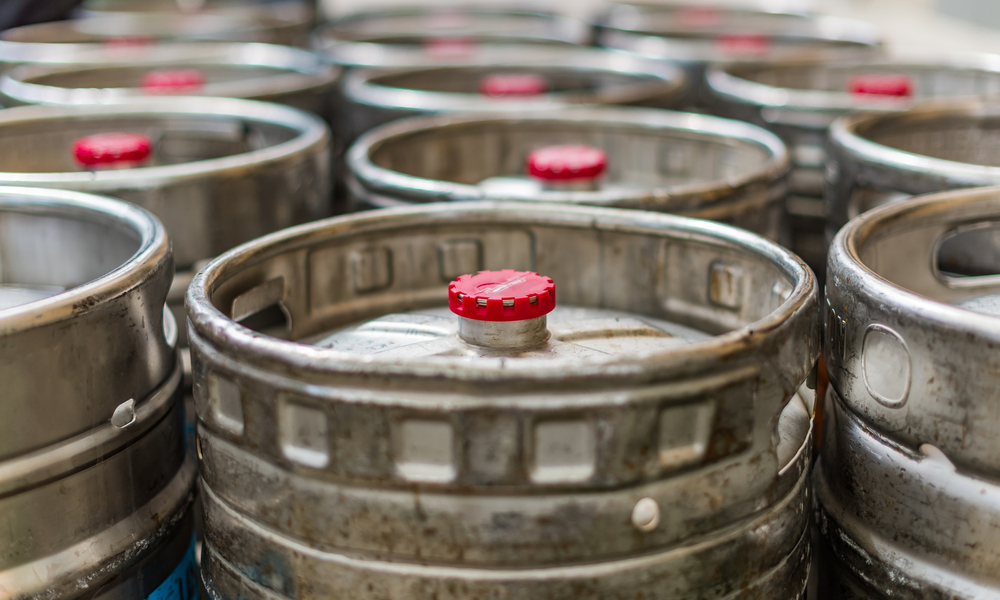
Beer Distributors Aid in Combating Human Trafficking
National Slavery and Human Trafficking Prevention Month, observed in January, has spurred groups whose members are well positioned to spot instances of trafficking in progress—including beer distributors—to partner in the fight against this widespread crime.
Though it might not seem obvious at first, beer distributors have a logical advantage in being able to spot the signs of human trafficking and report them to state and federal law enforcement agencies. These companies’ employees make deliveries to hundreds of thousands of licensed retail locations across the country, giving them behind-the-scenes access to bars, restaurants, hotels, truck stops, convenience stores, and more—places where human trafficking often occurs.
In a proactive effort to help stop human trafficking, the National Beer Wholesalers Association’s Distributors Against Human Trafficking initiative has already trained 6,000 beer distribution employees to safely spot and report the signs of human trafficking, closing in on its goal of training 10,000 employees by the end of 2021.
“When we began the Distributors Against Human Trafficking initiative in July 2020, distributors were eager to get involved,” said NBWA President and CEO Craig Purser in a press release. “These local business leaders instantly recognized the fight against human trafficking as one where they could play a valuable role.”
Human trafficking might seem like a crime that only happens in big cities or distant countries, but it is a wide-reaching problem in neighborhoods throughout the United States. In 2019, more than 11,000 cases were reported to the National Human Trafficking Hotline, run by the nonprofit Polaris. A majority of those were sex trafficking cases.
The Distributors Against Human Trafficking initiative centers on a short training video featuring Massachusetts Attorney General Maura Healy, Utah Attorney General Sean Reyes, and nonprofit Street Grace. It also provides resources like tip cards and truck signs that outline common red flags and behaviors associated with human trafficking.
“Beer distributors play an important role in communities across the country and in this critical fight,” Reyes said in the news release. “They step up when we need them, and now they have joined us as extra eyes and ears on the ground to help identify signs of human trafficking.”
In a separate effort last year, Wisconsin Attorney General Josh Kaul, along with the Wisconsin State Patrol and the Wisconsin Department of Children and Families, announced a plan to train convenience store workers to recognize warning signs of human trafficking. The Wisconsin Petroleum Marketers and Convenience Store Association supported the initiative.
And in 2019, in a similar partnership, the Georgia Association of Convenience Stores and the nonprofit In Our Backyard sponsored a campaign focused on identifying and assisting trafficking victims around the Super Bowl in Atlanta. That effort won a Power of A Summit Award from ASAE.
“When more of us are aware of the signs of human trafficking, traffickers have fewer places to hide,” said Healey, the Massachusetts attorney general. “This partnership with beer distributors will help us eliminate exploitation while protecting victims and survivors.”
(Adam Calaitzis/iStock/Getty Images Plus)






Comments